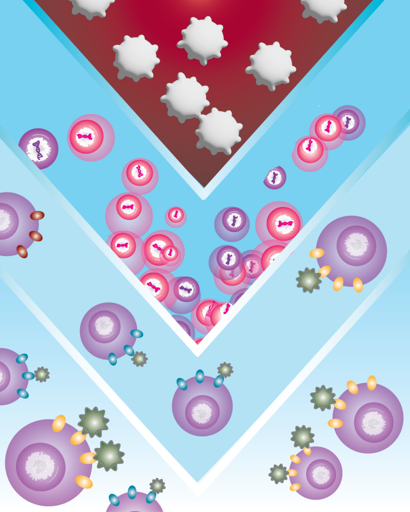

You either didn’t understand my comment or whatever the case is here.
Please, feel free to explain what you meant.
I am saying that your or others gender should not be a factor deciding how games are developed.
Yes and you’ll see my removal comment states “‘games where it doesn’t belong’ you don’t get to decide what an artist does with their art”. This was true. This is true. Your statement above is clearly dictating that gender should not be a factor (or sexual identity, or frankly any other identity such as race or ability). If an artist decides it should be a factor, then that is up to them. You don’t get to dictate what the art should be.
































I love how this is smug and offers no advice. Peak substack vibes